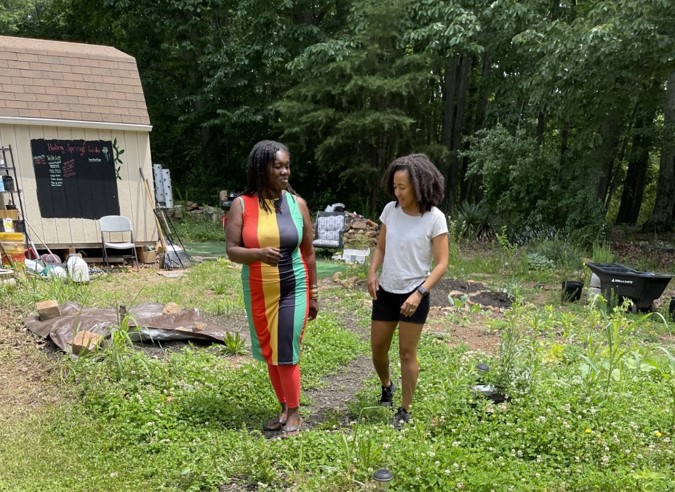Introduction: Environmental science encompasses both practical fieldwork and theoretical data analysis. While data-driven approaches and technological tools are valuable, they often lack the crucial perspective of grassroots community organizations. In the wake of the significant events of 2020, such as the police violence and social justice movements, it has become more apparent that addressing environmental injustices requires an inclusive approach that incorporates the voices and experiences of marginalized communities. This article delves into the importance of integrating grassroots community groups into environmental justice research, emphasizing the unique value they bring to the table.
A Shift from Theory to Practice: After spending years analyzing demographic data that underscored systemic disparities faced by African Americans, a realization emerged: these disparities are not coincidental but stem from deep-rooted structural racism. The events of 2020 catalyzed a shift from merely working on environmental issues “in theory” to actively engaging with grassroots organizations and individuals deeply connected to affected communities. The knowledge possessed by these community members, though not derived from conventional data sources, proved to be indispensable for achieving project objectives.
Beyond Data: The Missing Voices: Despite the availability of comprehensive tools and databases related to environmental justice, such as the Climate and Economic Justice Screening Tool and the Environmental Justice Index, these resources often overlook the narratives and lived experiences of affected communities. The Environmental Protection Agency (EPA) consistently emphasizes the need for “meaningful involvement” of historically marginalized groups in decision-making and policy formulation. True progress requires the integration of real-world perspectives alongside data and technology at every stage of the process.
The Authenticity of Grassroots Engagement: Engaging with grassroots community members reveals an authenticity that is often absent in corporate structures. These individuals are not bound by corporate policies or annual DE&I trainings. Their unfiltered perspectives, stemming from running their own non-profit organizations, offer invaluable guidance and insights. Their independence enables candid conversations and decisions that resonate deeply with the community’s needs, driving project success.
A Call for Inclusion and Openness: To advance both community science and environmental justice, fostering a sense of inclusivity is paramount. Underrepresented individuals should find a place within technical teams, contributing diverse viewpoints and advising on research direction. Their involvement extends beyond numbers, guiding the project’s communication strategies and engagement techniques. An openness to learning from these grassroots partners ensures more comprehensive and effective solutions.
Sustaining Connections and Learning: As projects conclude, maintaining relationships with grassroots partners is vital. These connections should be mutually beneficial, fostering ongoing collaboration and knowledge exchange. Documenting and analyzing the successes and challenges of community engagement not only informs future initiatives but also validates the significance of community involvement in achieving sustainable environmental justice outcomes.
Conclusion: The transition from data analysis to community engagement marks a pivotal shift in environmental justice research. Grassroots community groups bring a unique and indispensable perspective, rooted in lived experiences and authenticity. Incorporating these voices alongside data and technology amplifies the impact of environmental justice initiatives, moving beyond theory to create tangible positive change. By valuing the insights of those often marginalized in decision-making, we pave the way for a more equitable and sustainable future.

